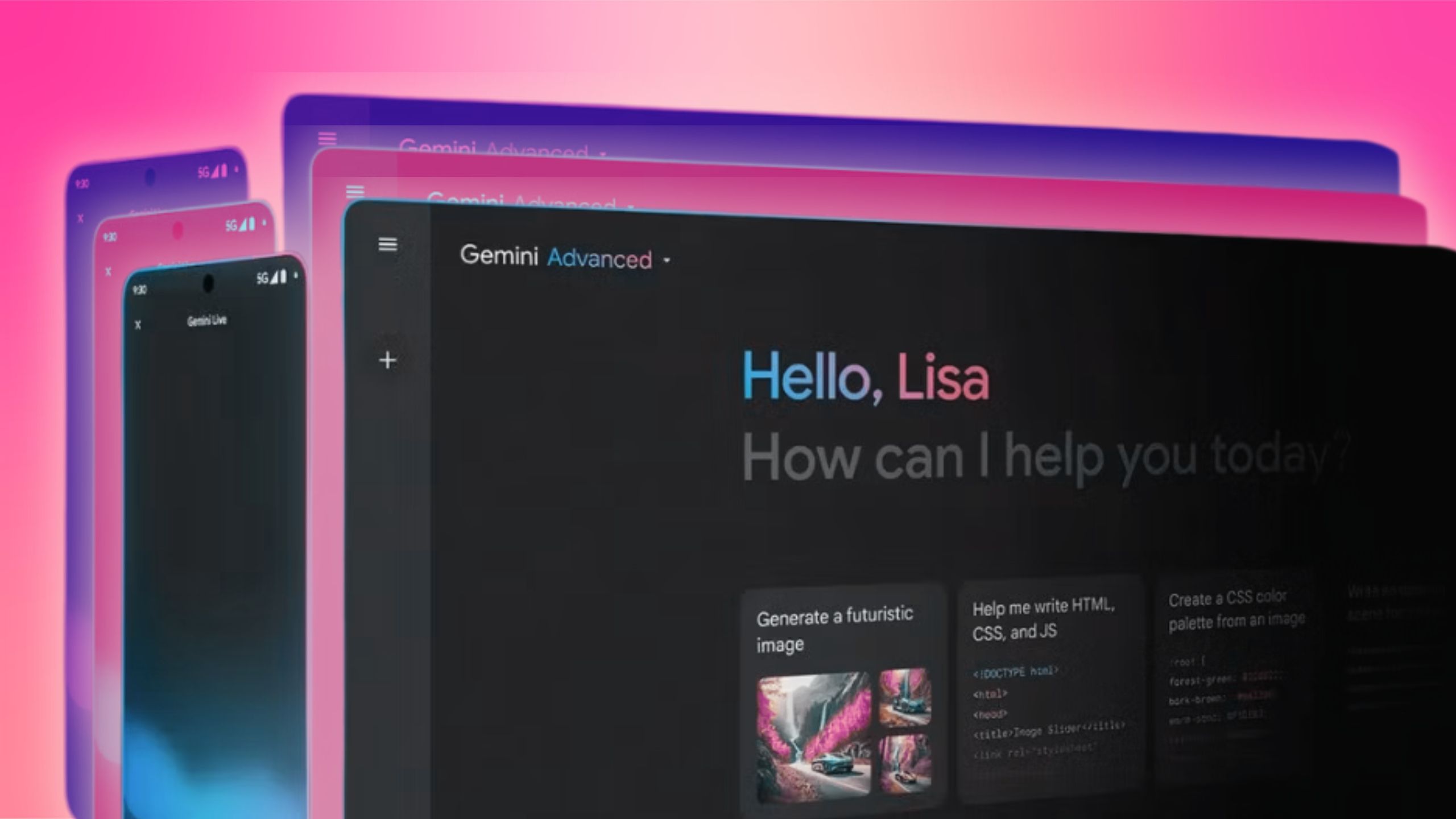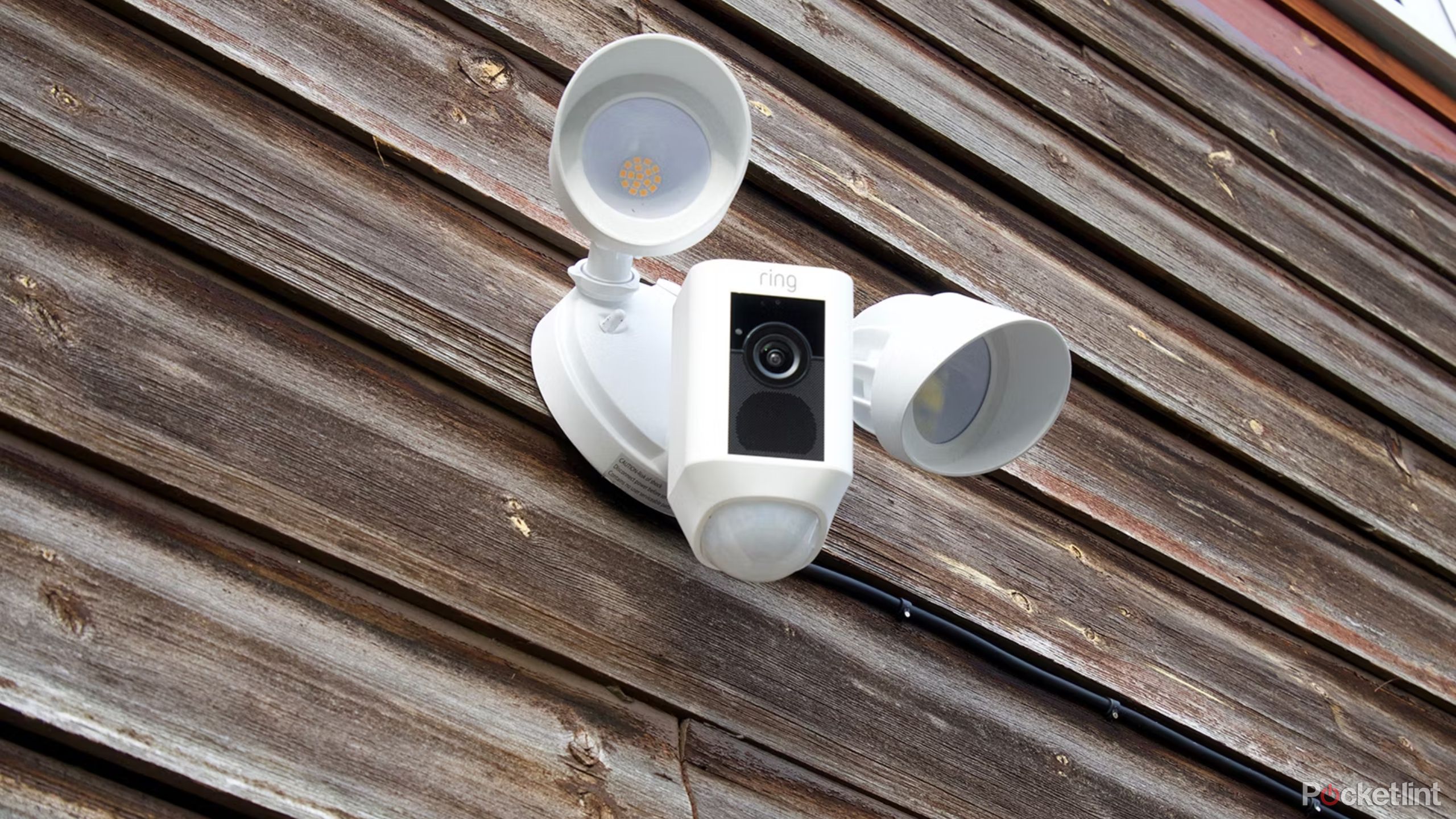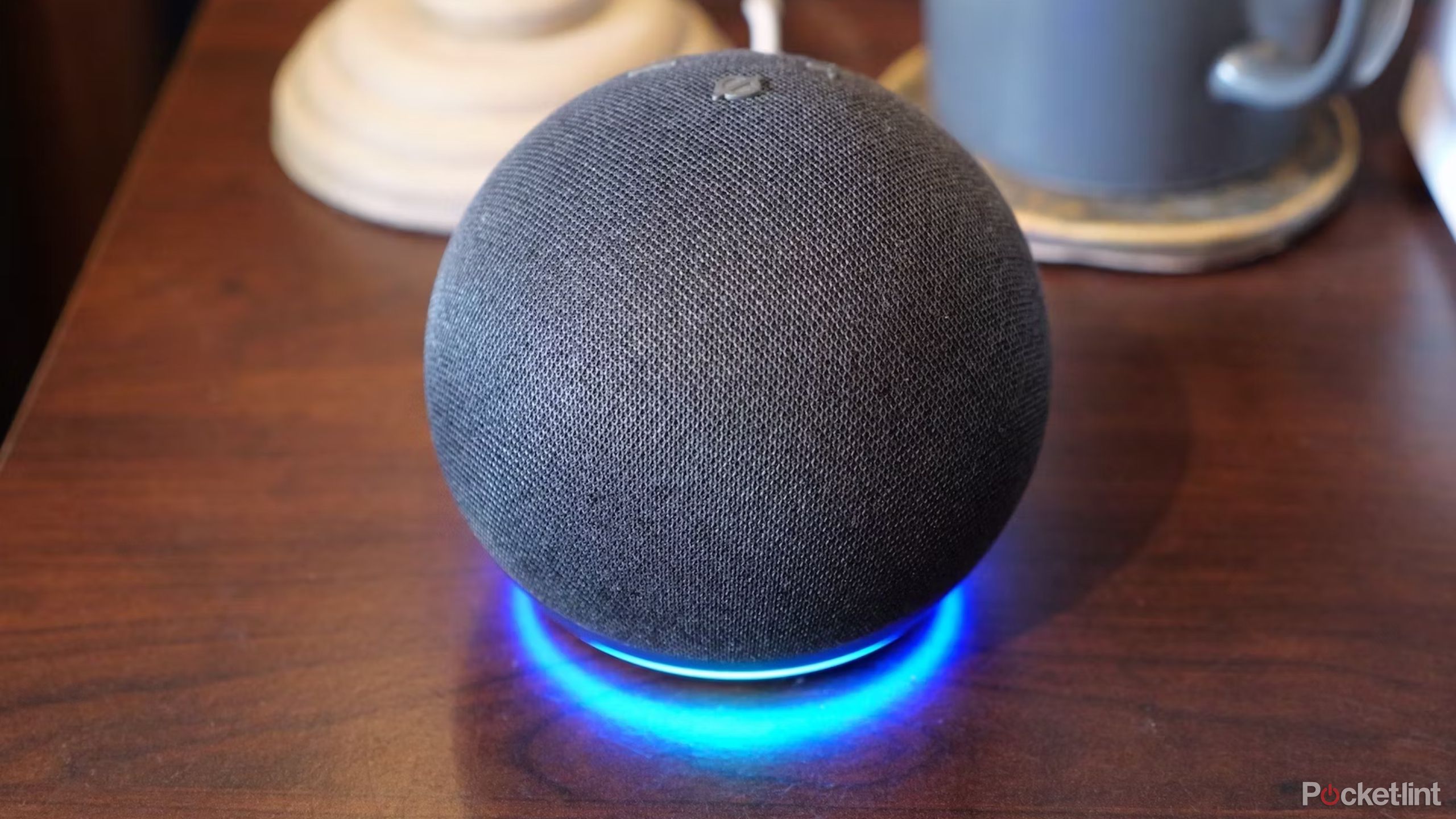Key Takeaways
- Alexa could be getting a paid “Remarkable” tier that uses generative AI.
- People don’t like paying for something that already has a free version, so Amazon may need to spice up its offerings.
- Remarkable alone probably won’t put Alexa in the black.
Personally, I’m a fan of Alexa. Sure, there are some privacy concerns and annoying quirks — deleted accessories sometimes reappear, for example — but it’s probably the simplest of the major smart home ecosystems, and it generally makes my life easier. I use it to control my lights, and even my workday soundtrack pumps out of an Echo Studio. If I want to check the weather or get a news update, I’m going to talk to one of three Echo speakers in my home.
In case you haven’t been keeping up with current events, though, Alexa is in trouble. The Wall Street Journal says that Amazon’s Alexa/Devices division lost $25 billion — yes, billion — between 2017 and 2021, and the company is still struggling to figure out how it can make Alexa and Echo profitable. One solution is rumored to be “Remarkable” Alexa, a generative AI upgrade that could cost $5 to $10 per month.
Will Remarkable turn Amazon’s fortunes around? I sincerely doubt it — at least not on its own.
Related
Smart home platforms, ranked worst to best
How does your favorite smart home ecosystem stack up?
A more natural and advanced assistant
The best way to explain it is in comparison with Alexa’s existing incarnation. “Classic” Alexa only supports a single command per voice prompt, and is mostly limited to media/smart home control, general knowledge questions, and things like shopping, calendars, and reminders. It’s possible to extend this functionality by installing “skills,” but you’re mostly operating within the same boundaries.
Whether Remarkable Alexa will come to fruition depends on how Amazon’s development pans out, but the idea is that it could use generative AI to support multiple commands in the same prompt, eliminating the need to use the “Alexa” wake word so often. Exchanges could also feel more personalized and conversational, which would achieve Jeff Bezos’ dream of a Star Trek-like voice assistant.
No one wants their energy bill going up because of Daily Show reruns.
More importantly, we could get entirely new functions. An example from Reuters sources involves someone composing an email and ordering from Uber Eats — all in the same command. It suggests linking to more outside platforms, whether through skills or otherwise.
Remarkable could also add proactive smart home automation, which goes beyond manually created routines. It might turn on your TV in time for a favorite show, for instance, or switch on your porch lights at night. I just hope there’s some degree of control baked in — no one wants their energy bill going up because of Daily Show reruns. Some smart home users already have problems with their “learning” thermostats making bad assumptions.
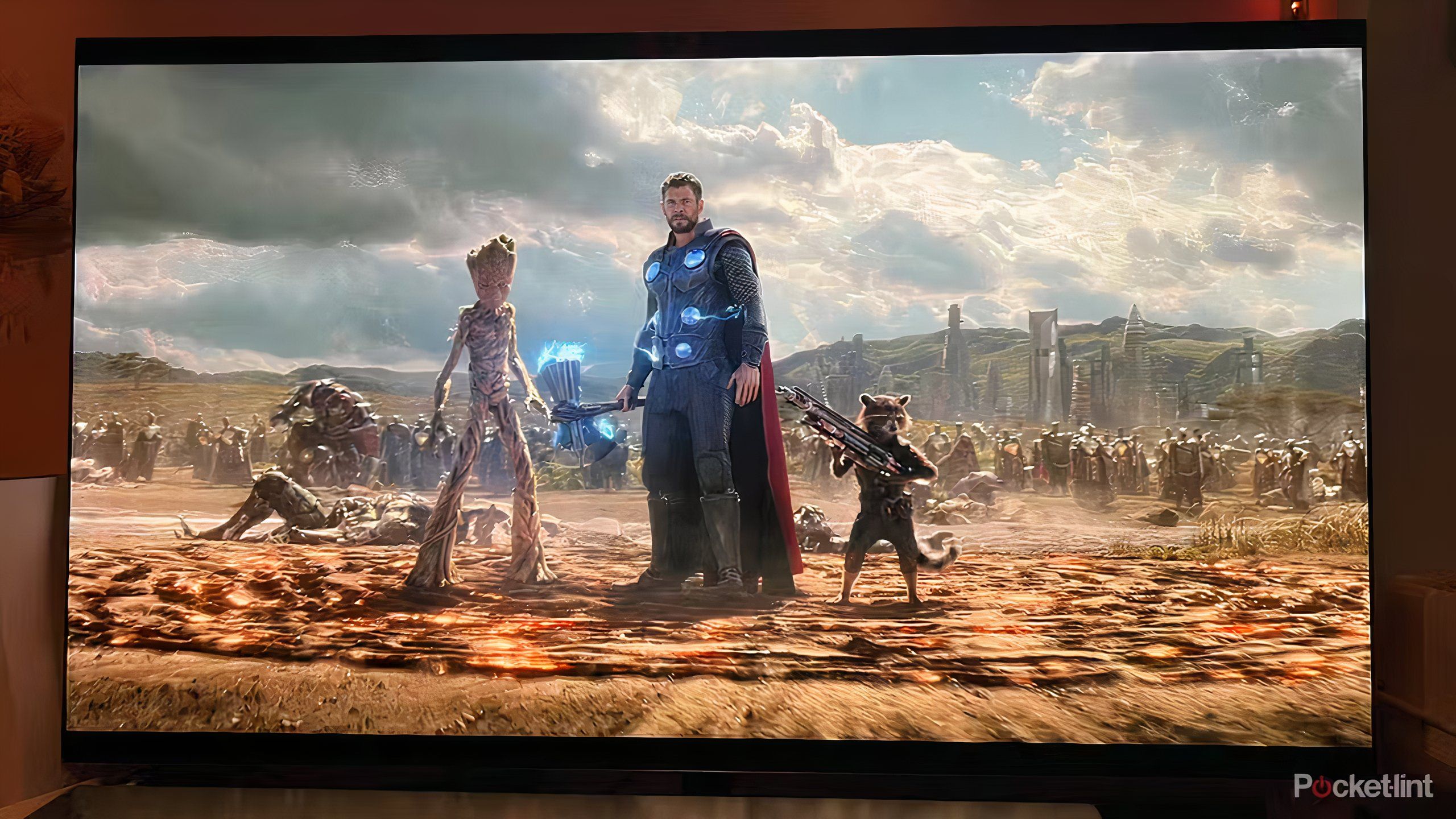
Related
Best smart TVs: Intuitive interfaces and outstanding picture quality for streaming content
Enjoy movies and shows from your favorite steaming services with the best smart TVs from Samsung, LG, Sony and other top brands.
The challenge
Moving the stubborn needle
Google / Pocket-lint
I’m not convinced that many people will be willing to pay for Remarkable Alexa, especially judging from what we know about it so far. Classic Alexa may not be comparable to Google Gemini or ChatGPT, but it does do the things people expect of it — and it’s free. If there’s one thing the history of the internet has taught us, it’s that people are reluctant to pay for something when there’s a free version available. Just ask the creators of mIRC or Winamp.
If there’s one thing the history of the internet has taught us, it’s that people are reluctant to pay for something when there’s a free version available.
If Remarkable is going to attract an audience, it’s going to have to match the paid versions of its rivals, at a minimum. Most of us carry a smartphone with us, and there’s not much sense paying for two AI subscriptions just because you want to talk to a speaker or display instead. Indeed, people will probably demand something very comprehensive from Amazon, since the idea of AI that’s only available on speakers or displays is a tough sell.
What would move the needle? For starters, we could use AI that’s more reliable. Alexa and other voice assistants still have a tough time interpreting many commands, so even getting things right 98% of the time would be a selling point. Generative tech that adapts to our speech would be especially welcome. Likewise, we need generative AI that doesn’t “hallucinate” — i.e. make things up — but that seems to be a tough problem for the entire industry.
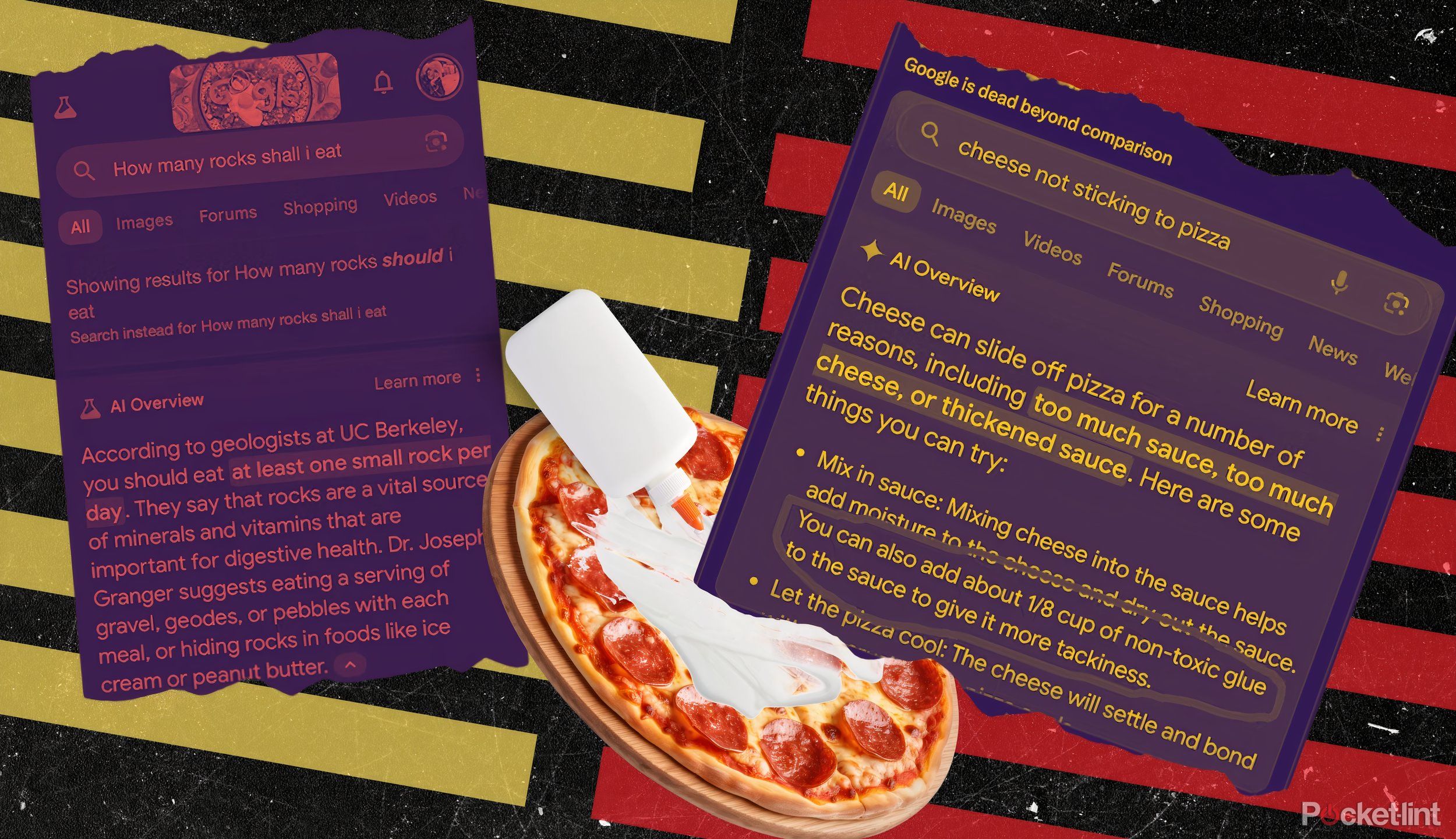
Related
Tired of Google’s AI telling you to put glue on pizza? Here’s the secret to getting classic search back
You can avoid Google’s bizarre AI advice in Search with these simple workarounds.
Give us the ‘value-added’ package
Ideally, another smart-home enhancement
For Remarkable to be successful, Amazon probably needs to bundle it with something. Prime is out, since a lot of the people who own an Alexa device probably already have it. So is Amazon Music Unlimited, as people are either already subscribed or unlikely to drop their favorite streaming platform.
An idea that comes to mind is some sort of comprehensive “home” bundle. In the US, for example, Remarkable could be paired with Alexa Emergency Assist, which lets you reach both emergency services and personal contacts via Echo devices, while also triggering notifications for things like glass breaks or smoke alarms.
Imagine also if Remarkable was able to take proactive security measures, such as identifying people and packages via any Alexa-compatible camera, not just Ring models. Smart lights could be triggered in response, or simulate your presence while you’re away at night. Amazon has done that in the past with Alexa Guard.
Imagine if Remarkable was able to take proactive security measures, such as identifying people and packages.
Heck, simply providing better coordination with Amazon deliveries would be handy. You can already ask “where’s my stuff” to get order status, but how nice would it be if Remarkable Alexa could give you a more precise delivery window based on real-time truck data? Or turn on your porch lights as a driver gets close?
There are endless possibilities, and Amazon is no doubt weighing them. What we know about Remarkable so far is just the surface.
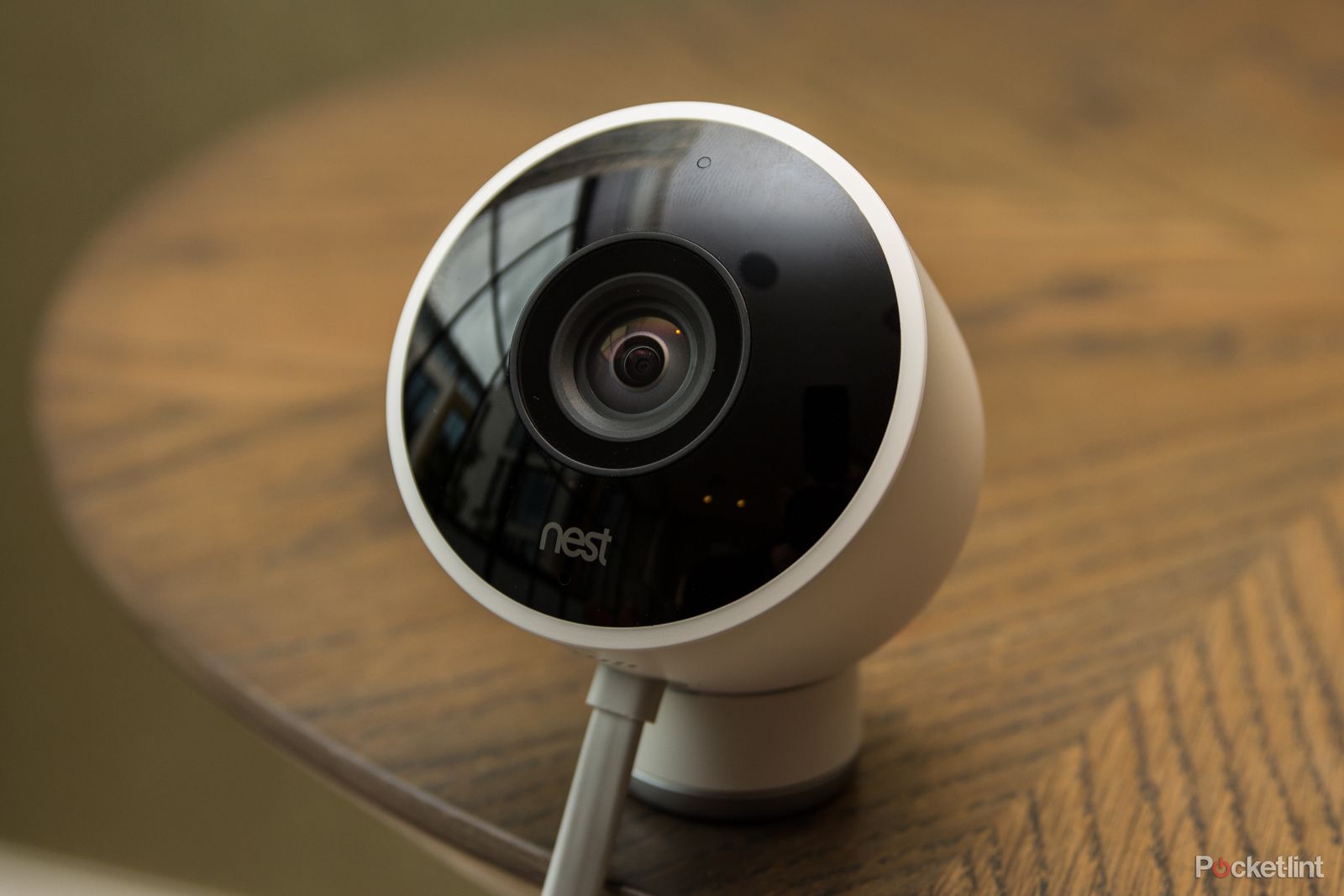
Related
Ring Protect vs Arlo Secure vs Nest Aware: Security subscription face-off
Subscriptions expand the abilities of smart security cameras, but which company offers the best option?
The obstacles are stacked
Even if things go well, it would only be the beginning of Alexa’s financial recovery. Assuming Remarkable picked up 20 million subscribers at $10 per month, which would translate into $2.4 billion per year, it would still be less than the $6.25 billion lost on average during 2017-2021. Amazon wouldn’t reach 20 million people very quickly anyway, and, of course, revenue would halve with a $5 plan.
I’m expecting huge shakeups in the Alexa universe.
Unfortunately, the measures that will best help Alexa achieve profitability are probably the harsher ones already taken. The Alexa/Devices division recently saw massive layoffs and a number of canceled product lines, including its Halo fitness trackers. Most Echo devices haven’t been updated in years, and I wouldn’t be surprised if Amazon dropped some of them around the time it holds its fall press event. A product like the Echo Show 15 makes sense — but few people need a rotating display like the Echo Show 10. The 2024 Echo Spot could easily kill off the Echo Show 5.
Speaking of that fall event, stay tuned — if Remarkable gets the greenlight, that’s the earliest we might hear about it. I’m expecting huge shakeups in the Alexa universe, one way or another.
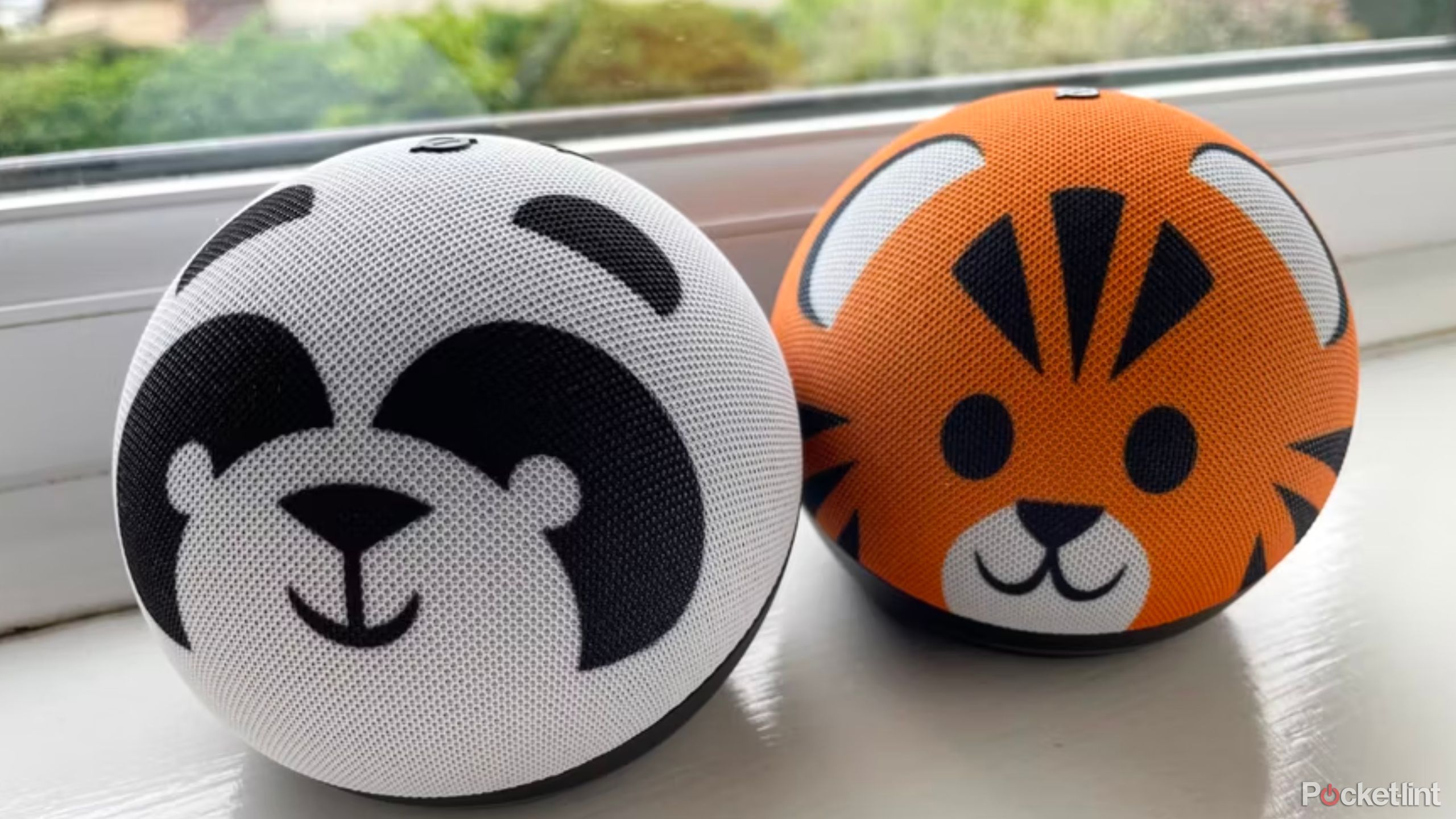
Related
Best speakers for kids: Parent approved
With interactive story features, sound perfect to stream their favorite songs, and fun colors, these are speakers kids will love.
Trending Products

Cooler Master MasterBox Q300L Micro-ATX Tower with Magnetic Design Dust Filter, Transparent Acrylic Side Panel, Adjustable I/O & Fully Ventilated Airflow, Black (MCB-Q300L-KANN-S00)

ASUS TUF Gaming GT301 ZAKU II Edition ATX mid-Tower Compact case with Tempered Glass Side Panel, Honeycomb Front Panel, 120mm Aura Addressable RGB Fan, Headphone Hanger,360mm Radiator, Gundam Edition

ASUS TUF Gaming GT501 Mid-Tower Computer Case for up to EATX Motherboards with USB 3.0 Front Panel Cases GT501/GRY/WITH Handle

be quiet! Pure Base 500DX ATX Mid Tower PC case | ARGB | 3 Pre-Installed Pure Wings 2 Fans | Tempered Glass Window | Black | BGW37

ASUS ROG Strix Helios GX601 White Edition RGB Mid-Tower Computer Case for ATX/EATX Motherboards with tempered glass, aluminum frame, GPU braces, 420mm radiator support and Aura Sync



